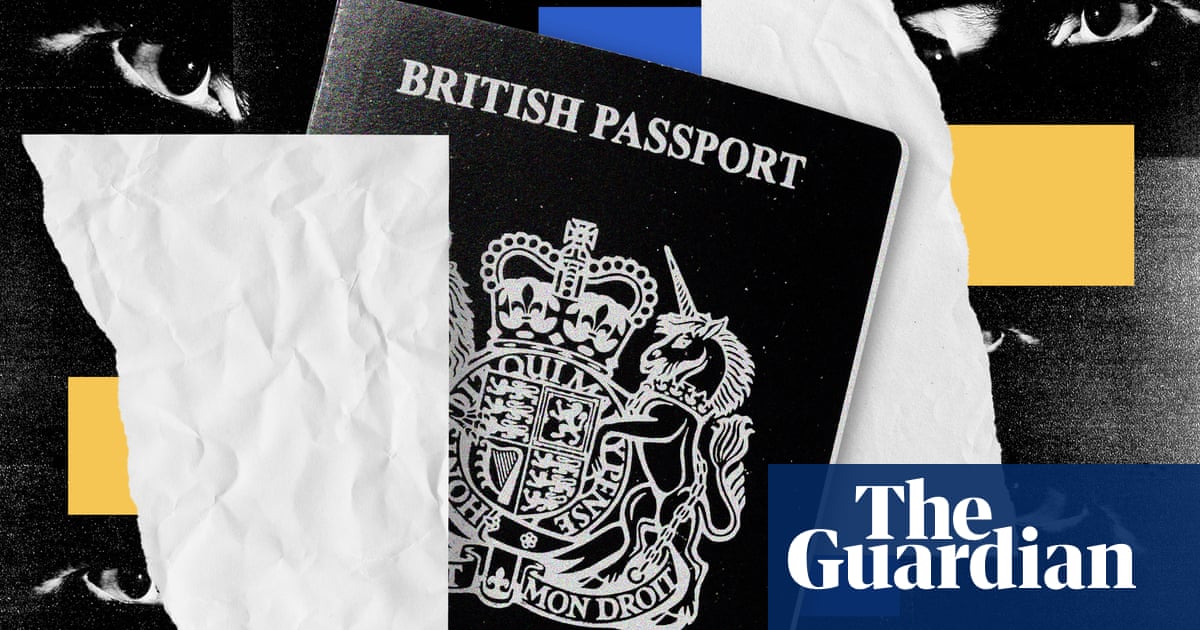Your passport serves as a gateway to travel abroad and allows you to identify as a citizen of a country. So losing it or having it stolen provides a number of headaches, especially if you are travelling at the time. If it does go missing, the most important thing is to act fast.
The first thing you must do is report it tothe Home Office via Gov.ukso that it can be cancelled. Only then can you apply for a new one.
Cancelling can be done via awebpagethat will guide you through the process. Doing so quickly means you reduce the chances of identity theft.
If you know that your passport has been stolen, you should report the theft to the police. You can do this by calling 101 in the UK.
If you are abroad and you know it has been stolen, you should also tell the local police and ask for a written report – you may need this for insurance purposes to claim for any losses due to upset travel plans. You may also need it when applying for a new passport. Some police authorities may not give you a report, but the Association of British Travel Agents (Abta) recommends you always ask so you can demonstrate that you have tried to report the loss.
When you report it lost or stolen, you will be asked for the nine-digit passport number. You can proceed with the cancellation without it but it is useful to have it so take a photocopy or a picture of the passport for your files before you travel or if you have it in your possession now. Otherwise the number may be available on a travel booking, frequent flyer account or a visa application.
Once you have reported it gone, you can get a replacement byapplying online. This will cost £94.50 and you will need a digital photo, which is less than a month old and followsall the necessary requirements, and a debit or credit card. Someone will need to confirm your identity online if you are replacing a lost or stolen passport. You can also apply using a paper application form, available from the Post Office, but this is more expensive at £107. The processing time is about three weeks.
If the passport is urgent and you are in the UK, you can go through aone-week fast-track process, which costs £178 for an adult document or £145 for a child’s.
If you are abroad, you can apply from the country that you are in but this is only if it is not urgent. If you need to travel within six weeks, you can apply for an emergency travel document, usually valid for a single or return journey. You canapply for this online. Youwill need to checkwhether the country you need to leave, or countries you need to travel through and to accept this form of travel document however. The application costs £125.
Record the number: this is the nine digits printed on the biodata page of the passport. This will help if you have to apply for another if it is lost or stolen again. The FCO has advised in the past taking two photocopies of the page and leaving one with friends or relatives while you travel and holding on to the other one yourself. You can also take a picture with your phone and share it.
When you are travelling, your passport is not always safer with you when you are out and about and should only be carried if the local law requires you to. Store it in a hotel safe if you have access to one.
At home, the safest place to store your passport is in a secure, fire-resistant and water-resistant safe. Alternatively you could use a lockable filing cabinet.
